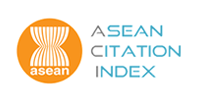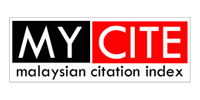Optimization of Laser Micro/Nano Processing of Silicon and Quartz
DOI:
https://doi.org/10.58915/ijneam.v17iJune.840Keywords:
Laser micro/nano processing, Silicon nanoparticles, Microlens array, Design of experimentsAbstract
This research paper explores the application of three laser systems, namely the Nd:YAG laser, fiber laser, and CO2 laser, for the micro/nano machining of silicon and quartz materials. The experimental results demonstrate the successful formation of stable silicon nanoparticles with reduced dimensions. Additionally, a quartz sheet was utilized to create a microlens array. The laser microprocessing technique was enhanced through the implementation of design of experiments (DOE) analysis. A Box-Behnken design (BBD) software was employed to conduct 17 tests, investigating the influence of laser parameters on the microprocessing outcomes. The COMSOL software was utilized for theoretical calculations to determine the distribution of surface temperatures and subsurface temperatures of silicon and quartz. The maximum temperatures achieved were approximately 5700 K for silicon and 2630 K for quartz. Numerical optimization using DOE software improved the production of silicon nanoparticles and quartz microlens, producing silicon nanoparticles wavelength peak and absorption peak values of 318.2 nm and 0.39, respectively. Additionally, quartz microlens numerical aperture and surface roughness improved to 0.494 and 4.64 nm, respectively. Due to the precise control offered by the laser micro/nano machining process, the findings of this study hold potential for diverse applications in optoelectronics and biological imaging that can leverage the unique characteristics of silicon nanoparticles and microlens arrays.

















